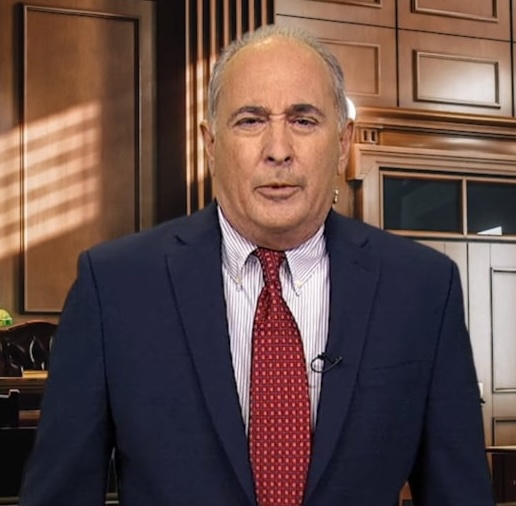
In many cases, a party to a divorce may allege that they are not in a financial condition to pay for a lawyer, but that the other party has the financial ability to pay both lawyers' fees. Courts do not want to see situations where one party can drive the other into submission by outspending them on lawyer fees. An attorney can go into Court prior to the final divorce hearing (usually when seeking temporary alimony or child support) and indicate to the Judge how much time they expect to put into the case and what type of costs may be incurred by their client. (For depositions, expert witnesses, investigations, etc). The Court may then award reasonable attorney fees and costs if it finds need on the part of the requesting party, and the ability to pay on the part of the other. And note that the Court can also make a party pay attorney fees to the other party if they have caused unnecessary litigation.

